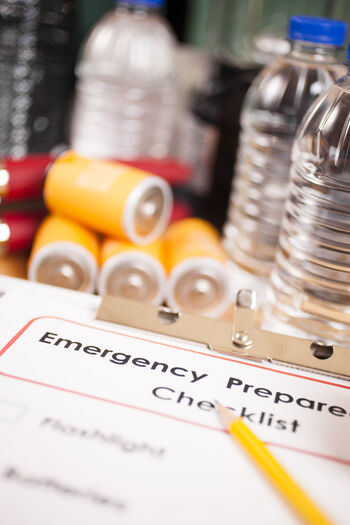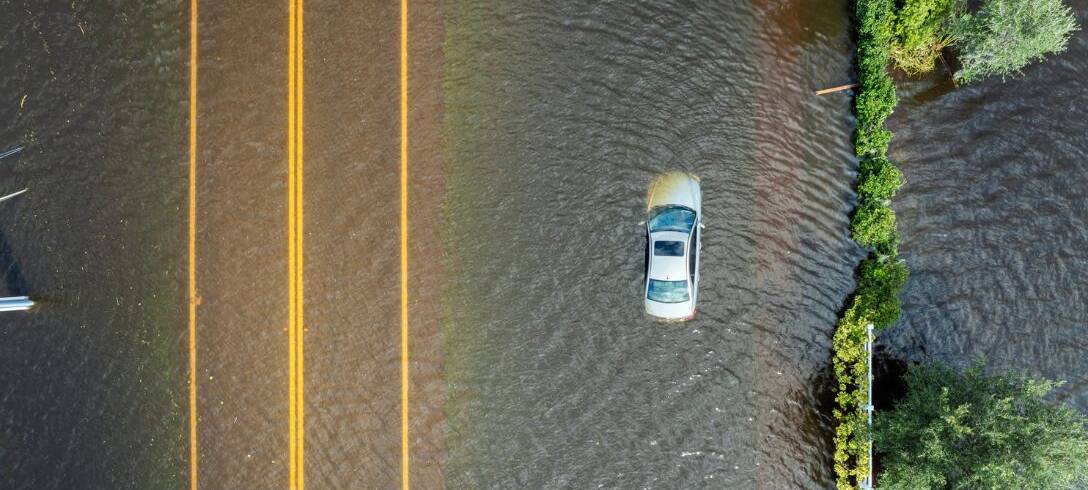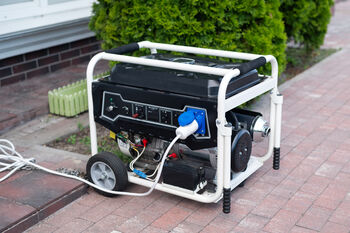Hurricane Sales Tax Holiday: What Should a Cancer Patient Buy?
When hurricane season collides with a cancer diagnosis, preparation takes on a whole new meaning. Staying safe during a storm isn’t just about having a flashlight and bottled water, it’s also about protecting your health and treatment plan.
This year, Florida lawmakers made storm prep a little easier with a new permanent sales tax exemption on many preparedness and safety supplies. Instead of the two-week hurricane sales tax holiday of years past, the exemption is now in effect year-round, giving patients and caregivers more time — and flexibility — to prepare without the rush.
 What’s Tax-Free Year-Round
What’s Tax-Free Year-Round
- AA, AAA, C, D, 6-volt and 9-volt batteries
- Smoke detectors and carbon monoxide alarms
- Fire extinguishers
- Portable generators
- Waterproof tarps and flexible sheeting (up to 1,000 square feet)
- Ground anchor systems and tie-down kits
- Portable gas or diesel fuel cans (5 gallons or less)
- Life jackets and bicycle helmets
- Sunscreen and insect repellent
Prioritizing Purchases for Cancer Patients
Not every item on the list will be essential for every household, but for those undergoing cancer treatment, some purchases can be critical.
- Portable generators: If you rely on refrigerated medications, home medical equipment or electric-powered health aids, a generator can prevent treatment interruptions.
- Batteries: Keep extras for flashlights, portable fans or battery-operated medical devices.
- Smoke detectors and carbon monoxide alarms: Safety devices are especially important if you’re sheltering in place and running a generator nearby.
- Sunscreen and insect repellent: Some cancer treatments can make skin more sensitive to sunburns or bug bites. These products can help protect fragile skin and reduce infection risks.
- Fire extinguisher: In storm aftermaths, power surges or generator use can increase fire hazards.
- Life jackets: If you live in a flood-prone area, having one on hand can add a layer of safety for both patients and caregivers.
Plan Ahead
With the exemption in place all year, there’s no need to rush. Build your storm supply kit gradually, checking expiration dates on sunscreen, batteries and repellents. If you’re in active treatment, talk to your care team about any special equipment or medication needs you should account for in your emergency plan.





